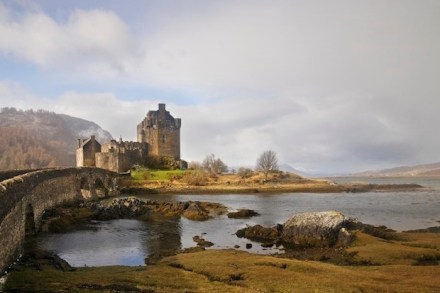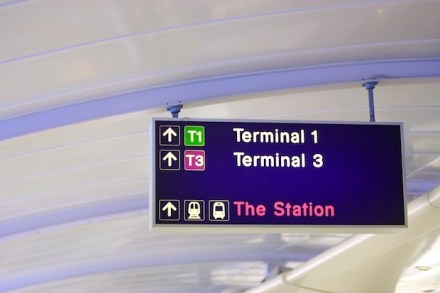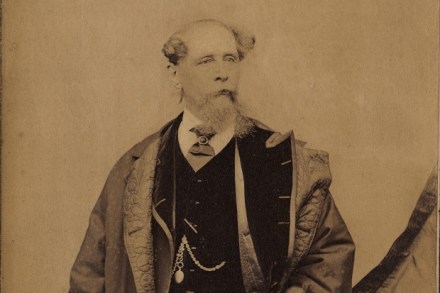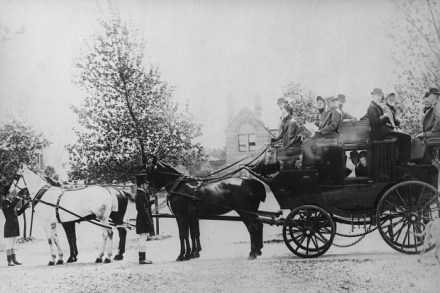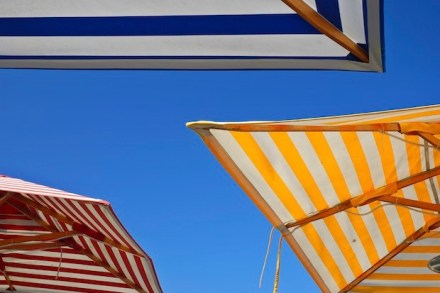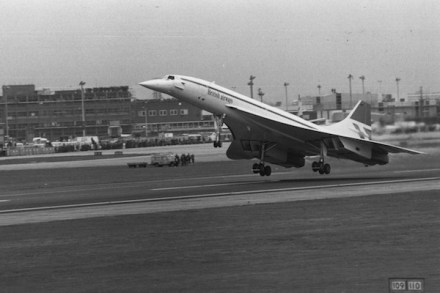What would Auden have deemed evil in our time? European jingoism
‘Goodbye to the Mezzogiorno’ was the first Auden poem that Alexander McCall Smith read in his youth. He discovered it in an anthology, and it puzzled him because he had not then visited Italy. A little later, Smith found Auden’s elegy to Sigmund Freud, and was enthralled by its promise that psychoanalysis frees people ‘to approach the future as a friend/ without a wardrobe of excuses, without/ a set mask of rectitude or an/ embarrassing over-familiar gesture.’ When Smith began his careful, systematic reading of Auden while living under civil war conditions in Belfast, he found the hostility, menace and anxiety of Auden’s pre-1939 poems attuned to his environment. The




